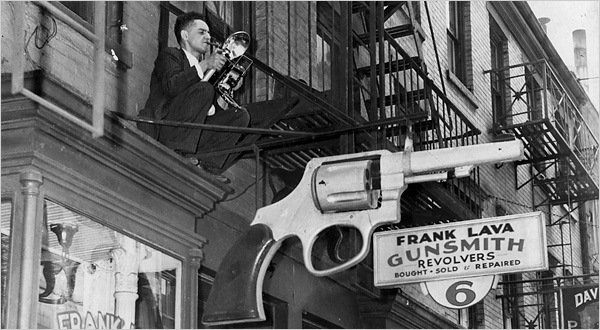Even before binge-viewing and such media gorging became a thing, before it was technologically convenient to watch a season in a sitting, social critic Neil Postman believed we were amusing ourselves to death, though he didn’t live long enough to watch us kick dirt on our graves. The opening of Scott Timberg’s new Salon piece about Postman, “Meet the Man who Predicted Fox News, the Internet, Stephen Colbert and Reality TV“:
“These days, even the kind of educated person who might have once disdained TV and scorned electronic gadgets debates plot turns from Game of Thrones and carries an app-laden iPhone. The few left concerned about the effects of the Internet are dismissed as Luddites or killjoys who are on the wrong side of history. A new kind of consensus has shaped up as Steve Jobs becomes the new John Lennon, Amanda Palmer the new Liz Phair, and Elon Musk’s rebel cool graces magazines covers. Conservatives praise Silicon Valley for its entrepreneurial energy; a Democratic president steers millions of dollars of funding to Amazon.
It seems like a funny era for the work of a cautionary social critic, one often dubious about the wonders of technology – including television — whose most famous book came out three decades ago. But the neoliberal post-industrial world now looks chillingly like the one Neil Postman foresaw in books like Amusing Ourselves to Death and Technopoly: The Surrender of Culture to Technology. And the people asking the important questions about where American society is going are taking a page from him.
 Amusing Ourselves didn’t argue that regular TV shows were bad or dangerous. It insisted instead that the medium would reshape every other sphere with which it engaged: By using the methods of entertainment, TV would trivialize what the book jacket calls ‘politics, education, religion, and journalism.’
Amusing Ourselves didn’t argue that regular TV shows were bad or dangerous. It insisted instead that the medium would reshape every other sphere with which it engaged: By using the methods of entertainment, TV would trivialize what the book jacket calls ‘politics, education, religion, and journalism.’
‘It just blew me away,’ says D.C.-based politics writer Matt Bai, who read the 1985 book Amusing Ourselves to Death while trying to figure out how the press and media became obsessed with superficiality beginning in the ‘80s. ‘So much of what I’d been thinking about was pioneered so many years before,” says Bai – whose recent book, All the Truth Is Out: The Week Politics Went Tabloid, looks at the 1987 Gary Hart sex scandal that effectively ended the politician’s career. ‘It struck me as incredibly relevant … And the more I reported the book, the more relevant it became.'”



